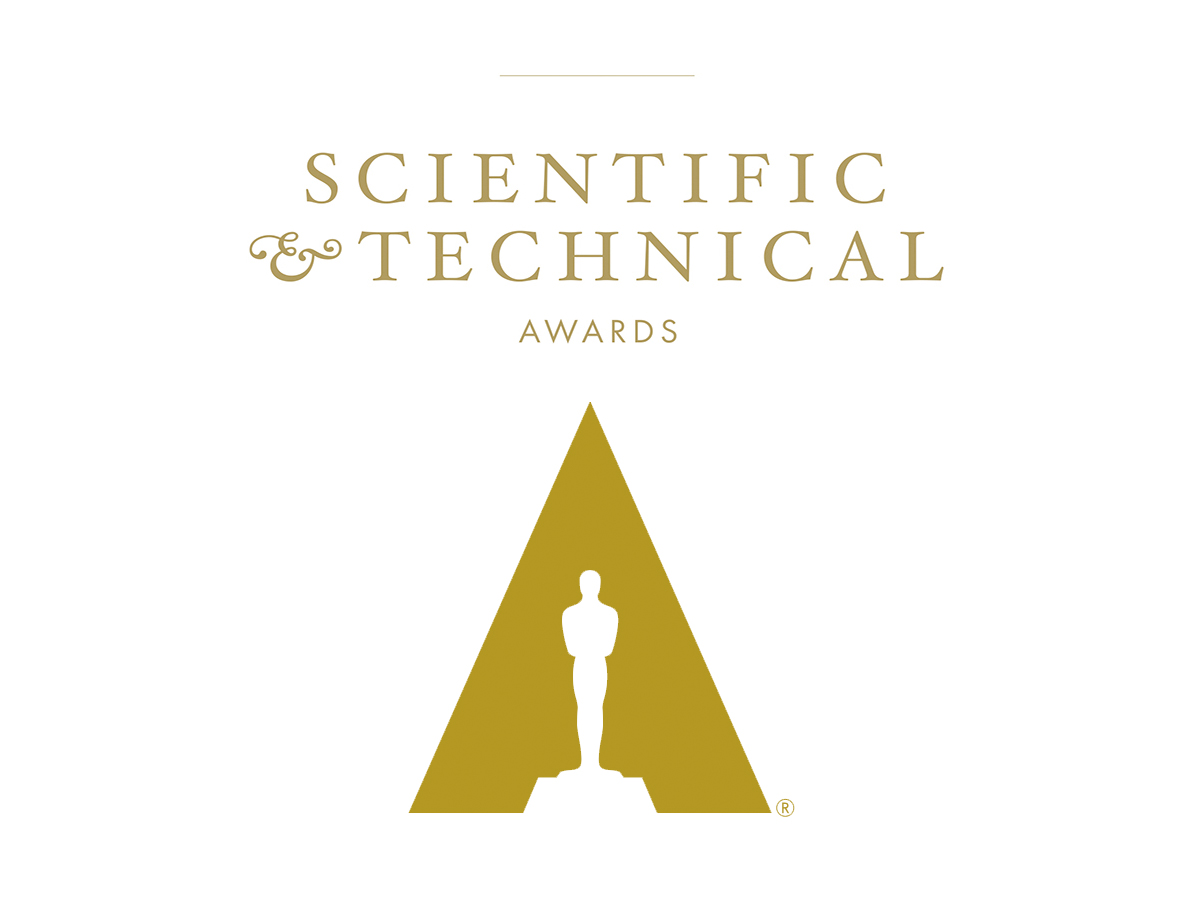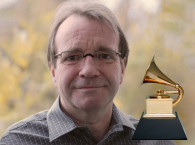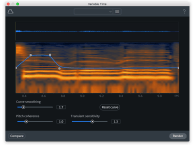Earlier in 2021, award season kickstarted with a celebration of outstanding design and engineering in technology, with the Consumer Technology Association (CTA) confirming the CES 2021 Innovation Awards honorees, and those products recognized as Best of Innovation. audioXpress covered those with a special focus for the audio industry. See all the CES 2021 Innovation Awards in Audio here
Shortly after, we had the 36th Annual TEC Awards confirmations by the National Association of Music Merchants (NAMM), as the NAMM Believe in Music 2021 event was taking place. The nominations for the TEC Awards, in 22 categories for Technical Achievement and seven for Creative Achievement had happened previously in September 2020 and the results were announced here. It's always an interesting process to see the companies, brands, technologies, and products that receive recognition for those awards.
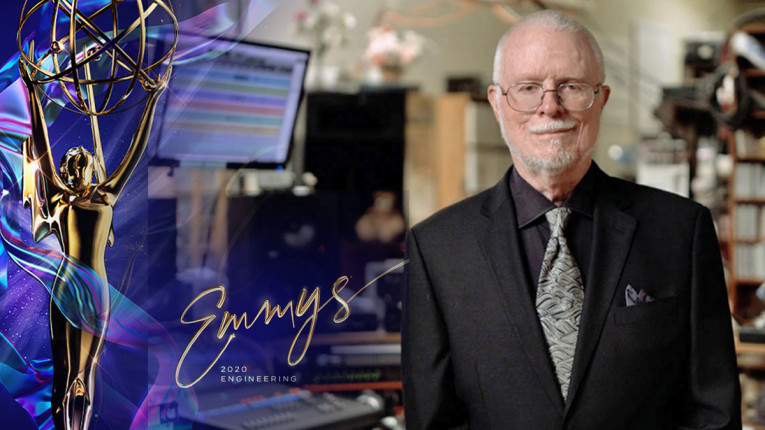
audioXpress has written about Dan Dugan's accomplishments on many different occasions and our Shannon Becker had an interesting exchange with him in 2013. Widely implemented and licensed, Dugan's automatic mixing technology was already highly recognized. Gain sharing is a unique and valuable additional audio process in mixing events, and was commercially leveraged by Yamaha in its range of digital mixing consoles, in direct cooperation with Dugan himself. In fact, Yamaha recognized his role with a triple anniversary celebration at the Integrated Systems Europe (ISE) show, in 2018.
Dugan's automatic mixing solution helps assist mixing multiple live talkers with ease with no upcuts, no missed words, and no fluctuations of background noise. The technology enables users to easily manage multiple live mics without constantly riding individual input faders — ideal for unscripted events such as talk shows, game shows, news and sports panels, town hall meetings, and debates. Gain sharing adds the exact level of convenience to today's sophisticated multichannel live events by sharing gain level across different mixers, used for local sound reinforcement, broadcast signal, monitors, and more. All mixers recognize who's talking and are able to generate channel crossfades faster than a human can react.
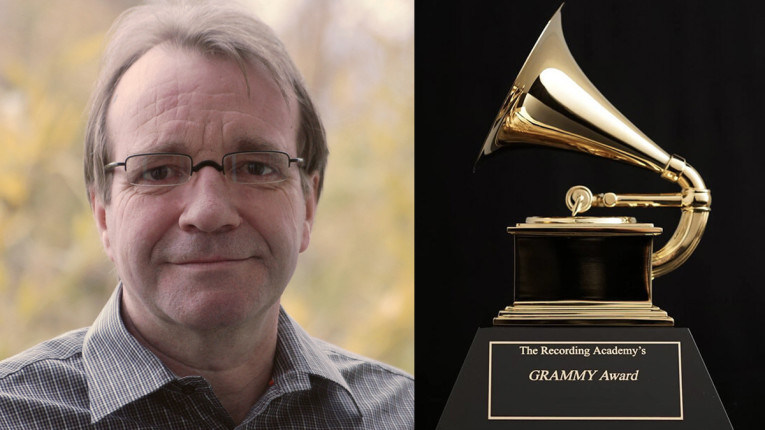
And from there, the Academy of Motion Picture Arts and Sciences (AMPAS), responsible for the Oscars, also confirmed its own Scientific and Engineering Awards. Those include Technical Achievement Awards (Academy Certificates) and Scientific And Engineering Awards (Academy Plaques), and among the recipients, this year we find numerous audio pioneers and well-deserved recognitions of great technology achievements.
Starting with Jens-Jørn Stokholm and Ole Moesmann for their innovative development of the miniature high-performance DPA lavalier microphones. The Academy’s Board of Governors voted to bestow a Technical Achievement Award to recognize DPA’s contribution to audio in shrinking larger mics into miniature versions while keeping the original properties of clarity and accuracy. This has given sound engineers in the film industry amazing possibilities.
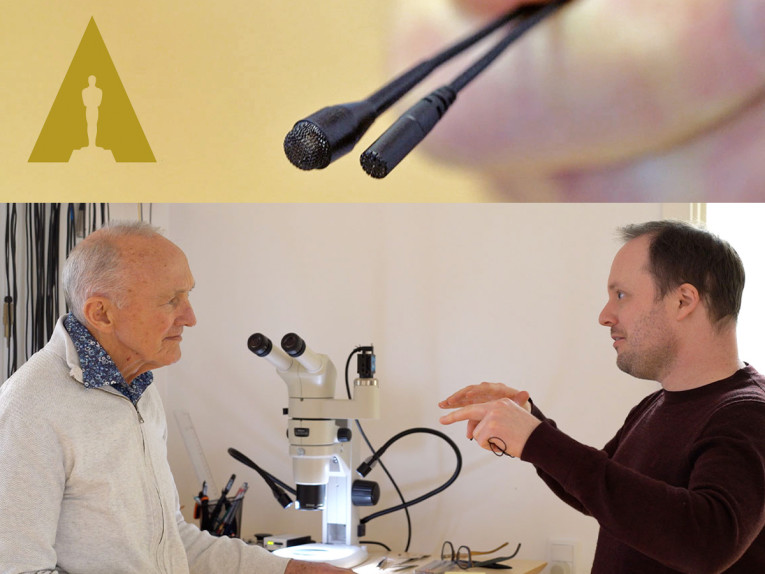
Recognition as deserving a Scientific And Engineering Award was given to Alexey Lukin, Principal DSP Engineer at iZotope, and the team of more than 70 mathematicians, software engineers, sound designers, product specialists and others at iZotope for the development of the RX audio processing software. First introduced in 2007 and widely used as a tool for audio repair and enhancement in modern film production, iZotope RX has evolved in seven subsequent versions with a complete range of spectral processing algorithms enhanced with machine learning.
"It was 18 years ago that I first developed a few technical ideas that would later become iZotope RX," says Alexey Lukin. “This transformation of a hundred lines of C++ code into the industry-standard suite of tools it is today would not have been possible without our amazing relationship with audio post professionals. Hearing directly from them about their creative needs has empowered and inspired us to make impossible ways of audio editing a reality.”
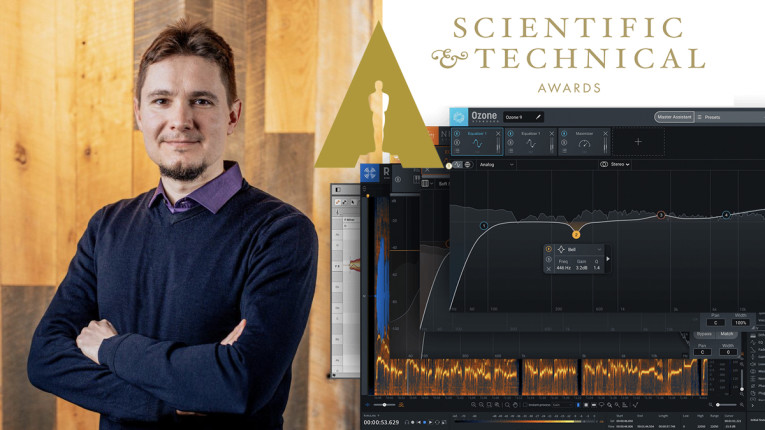
Wordfit revolutionized the process of post sync Automatic Dialog Replacement (ADR) by eliminating the need for manual editing to perfect lip sync. VocALign and Revoice Pro are software tools that together give sound editors unprecedented control over the final performance in replaced dialog. In use for many years, these technologies continue their predominance in the creation and seamless integration of replacement dialog tracks in motion pictures.
Finally, the third Scientific And Engineering Award this year was confirmed to Sanken Microphone Company, Limited for the original innovation and continuous refinement of the Sanken COS-11 series of miniature lavalier microphones. "Sanken’s early engineering work in microphone orientation and miniaturization has inspired the current generation of lavalier microphones. The exceptional sound quality and durability of the COS-11 series have made them the predominant lavalier microphones used in motion picture production sound recording," the Academy states.
The Scientific and Technical Awards Presentation, a virtual event, will be held on Saturday, February 13, 2021 at 10 CET. Watch here.
This article was originally published in The Audio Voice newsletter, February 4 2021 (#313). Click here to register to The Audio Voice



